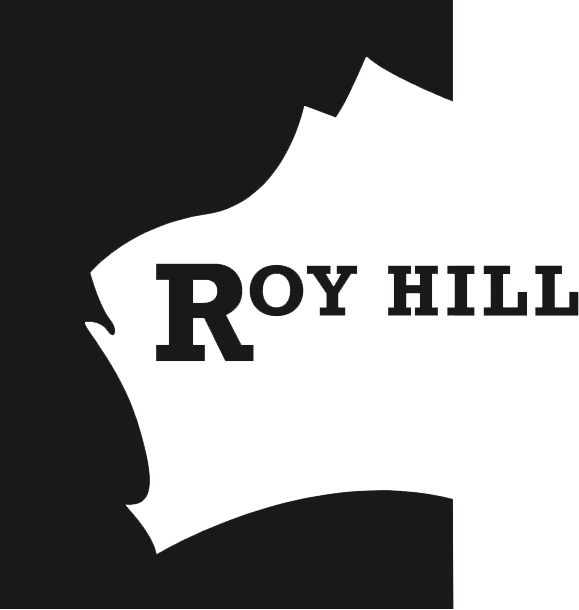News
Rio Tinto: Albo’s plan a handbrake on wages & economy

Article by Katina Curtis & Josh Zimmerman courtesy of the West Australian.
Rio Tinto’s iron ore boss Simon Trott fears an industrial relations shake-up will be a handbrake on mining and the wider economy and wants the resources sector carved out.
The Federal Government wants to pass legislation for the overhaul, including controversial measures increasing access to multi-employer bargaining, through the Parliament before Christmas. Mr Trott’s comments come a day after Gina Rinehart’s Hancock Prospecting warned forcing multi-employer bargaining on to the mining sector would jeopardise billions of dollars in future royalty and tax revenue for WA.
Mr Trott acknowledged the Government’s intent was to get wages moving in low-paid sectors but said with mining paying 11/2 times the average wage for occupations it employs, the new rules shouldn’t apply.
“I do have concerns, serious concerns about the legislation as it’s currently drafted,” he said.
“It will be a handbrake on economic growth. It’ll be a handbrake on productivity and ultimately a handbrake on wages in the rest of the economy.
“We would like to see amendments to the legislation that really make sure that it covers those that it’s intended to cover and doesn’t have unintended consequences.” Wages data out last week showed nationally wages grew 3.1 per cent in the year to September. Mining wages rose just 2.7 per cent over that period equal-fourth lowest out of 18 industries – though they were starting from a higher base. The Government argues mining companies won’t be caught up in the new bargaining rules because they either already have enterprise agreements in place or pay such high wages it would be difficult to get a majority of employees to agree to bargain.
Hancock Prospecting chief executive Garry Korte said a sixweek strike at Port Hedland would cost $9 billion in lost iron ore export revenue.
23.11.2022
Latest news
- Mrs Gina Rinehart AO | Bush Summit speech
- Speech by Mrs Gina Rinehart AO | Eve of ANZAC Day | 2024
- ‘Laws may need to change’: Gina Rinehart lashes Facebook over scam ‘inaction’
- Port of Port Hedland grows WA economy
- ‘Truth hurts’ – Gina Rinehart on why China is smarter than Australia
- We are supporting West Australians
Group executive news
- The Bolt report | A smoking ceremony gone wrong
- Geraldton tree planting event in honour of late QEII cancelled by Indigenous elders
- ‘WE MUST CONSTANTLY REMIND PEOPLE THAT WE NEED MINING’
- Ngurra Kujungka Annual Interschool Swimming Carnival | 2023
- Australians are ready, willing, and able to work – let them!
